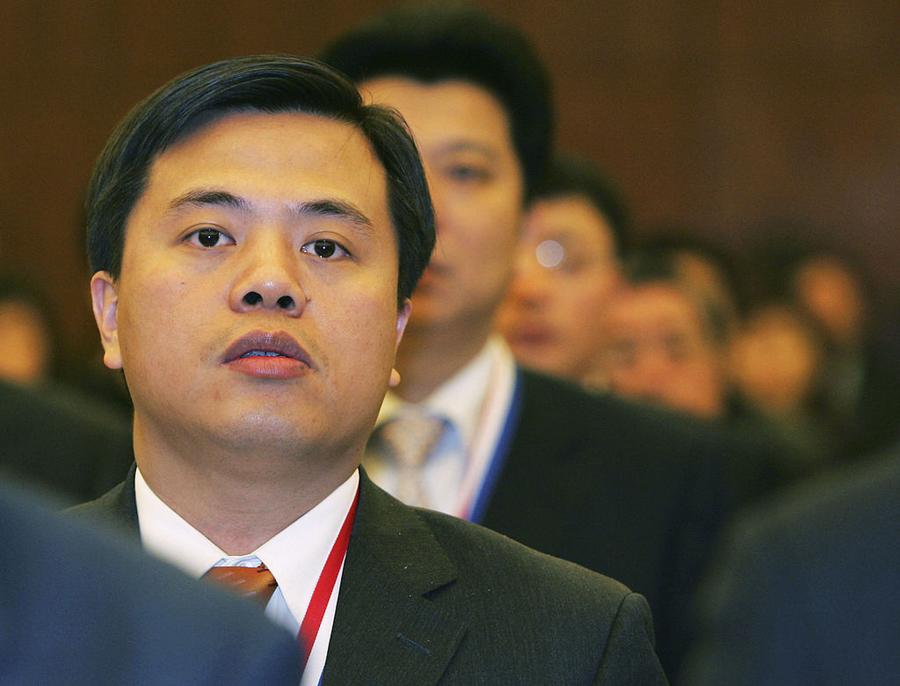Chen Tianqiao, a Chinese billionaire who made his fortune largely in the field of online gaming, is also the second-biggest foreign landowner in the United States, distantly behind Canada's Irving family, according to a recent report in Bloomberg. Chen has been in that position for quite a while now, but his ownership of a certain massive tract has only recently become public.
Chen reportedly owns 198,000 acres of timberland in Oregon, but he'll have to purchase a lot more land if he wants to come close to the Irving family's record of 1.2 million acres in Maine.

China Photos/Getty Images
US farmland has become a popular investment from both domestic and foreign billionaires alike, providing a reliable hedge against inflation (the value of farmland across the country has seen significant gains just in the last few years). But some lawmakers want to restrict the amount of land that can be acquired by foreign nationals like Chen, although no such restriction has yet made it into law. Altogether, the Department of Agriculture estimates that some 40 million acres of agricultural land in the United States is owned by entities from outside the country.
Chen purchased the land in one go, buying it for $85 million back in 2015. But his ownership of the land only recently became public knowledge following the revelation of tax records identifying his holding company Shanda Asset Management as being the technical owner of the land. In addition to the land making him the second-biggest foreign landowner in the US, it's enough acreage to place him in the top 100 of biggest US landowners overall — he comes in at number 82.
He started the online gaming company Shanda Interactive in 1999, and it was one of the biggest online companies in all of China within five years of its inception. In 2016, he and his wife put $115 million towards establishing the Tianqiao and Chrissy Chen Institute for Neuroscience at the California Institute of Technology.










 Bengali (BD) ·
Bengali (BD) ·  English (US) ·
English (US) ·